How Eclipses Revealed Our Solar System
Of all the astronomical phenomena you can witness, the total solar eclipse has to be the most visceral--the most in-your-face reminder that our reality consists of giant balls of rock spinning around stars. It's also the eclipse and phenomena like it that set us on the path to understanding that reality in the first place.
Episodes
-
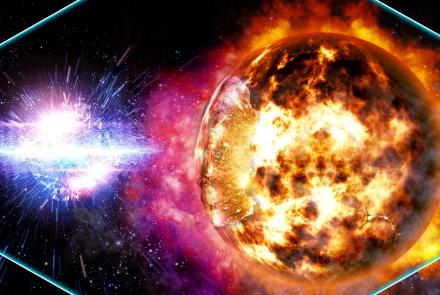
How Stars Destroy Each Other
S6 E24 - 10m 41s
Our galaxy is full of dysfunctional stellar relationships. With more than half of all stars existing in binary orbits, it’s inevitable that many stellar remnants will end up in parasitic spirals with their partners. Today we’re going to look at the worst of these - from the novae produced by white dwarfs, to X-ray binaries created by neutron stars and black holes - and much weirder things besides.
-
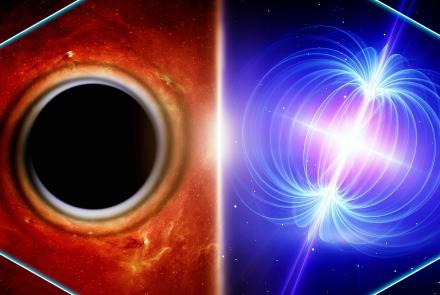
The Boundary Between Black Holes & Neutron Stars
S6 E23 - 11m 22s
When we detected the very first gravitational wave, a new window was opened to the mysteries of the universe. We knew we’d see things previously thought impossible. And we just did - an object on the boundary between neutron stars and black holes, which promises to reveal the secrets of both.
-
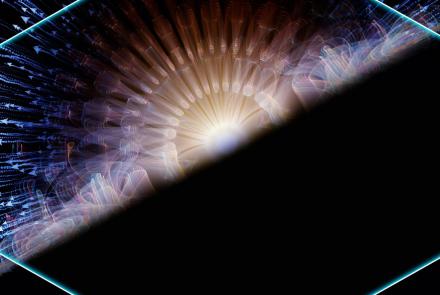
Does Antimatter Explain Why There's Something than Nothing
S6 E22 - 12m 43s
The most precious substance in our universe is not gold, nor oil. It’s not even printer ink. It’s antimatter. But it’s worth every penny of it’s very high cost, because it may hold the answer to the question of why anything exists in our universe at all.
-
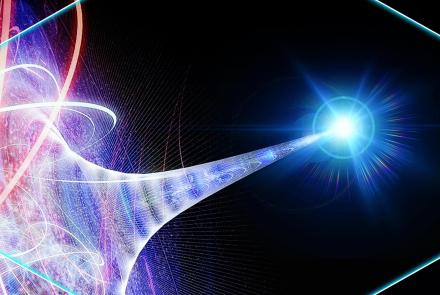
Dissolving an Event Horizon
S6 E21 - 11m 32s
Black hole singularities break physics - fortunately, the universe seems to conspire to protect itself from their causality-destroying madness. At least, so says the cosmic censorship hypothesis. Only problem is many physicists think it might be wrong, and that naked singularities may exist after all.
-
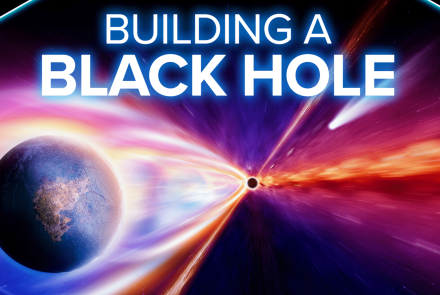
Building Black Holes in a Lab
S6 E20 - 13m 12s
Black holes are about the worst subjects for direct study in the universe and studying the physics of real black holes is much, much harder. But it turns out we don’t need to make them instead we can study analog black holes called analogies. Physical systems that aren’t black holes but that behave in similar ways may reveal the real behaviors of real black holes.
-

What Happens After the Universe Ends?
S6 E19 - 14m 34s
Conformal Cyclic Cosmology is a story of the origin and the end of our universe from great mathematical physicist Sir Roger Penrose.
-

Can Viruses Travel Between Planets?
S6 E18 - 13m 58s
In the midst of a pandemic, we sure are thinking about viruses a lot. That’s right, even astrophysicists are pondering these bizarre little critters. In fact, astrovirology, although very new, is actually an emerging subfield of astrobiology. And that’s because it turns out viruses don’t just influence organisms - they’re incredibly important on a planetary scale. Perhaps an interplanetary scale.
-

Does Gravity Require Extra Dimensions?
S6 E17 - 12m 41s
It’s been 120 years since Henry Cavendish measured the gravitational constant with a pair of lead balls suspended by a wire. The fundamental nature of gravity still eludes our best minds - but those secrets may be revealed by turning back to the Cavendish experiment. That steampunk contraption may even reveal the existence of extra dimensions of space.
-
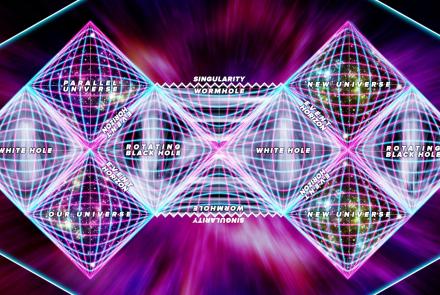
Mapping the Multiverse
S6 E16 - 14m 21s
This is a map of the multiverse. Or in physics-ese, it’s the maximally extended Penrose diagram of a Kerr spacetime. And in english: when you solve Einstein’s equations of general relativity for a rotating black hole, the universe does not come to an abrupt halt at the bottom of the gravitational pit. Instead, a path can be traced out again but you don't end up in the universe that you started in.
-
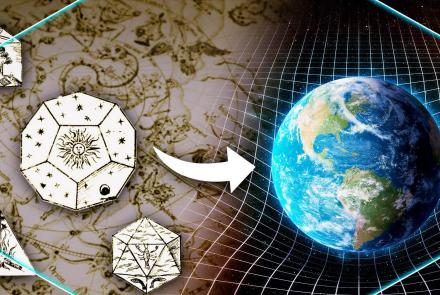
How Luminiferous Aether Led to Relativity
S6 E15 - 13m 52s
As the 19th century came to a close, physicists were feeling pretty satisfied with the state of their science. The great edifice of physical theory seemed complete. A few minor experiments remained to verify everything. Little did those physicists know that one of those experiments would bring the entire structure crashing down paving the way for the physics revolution of the 20th century.
-
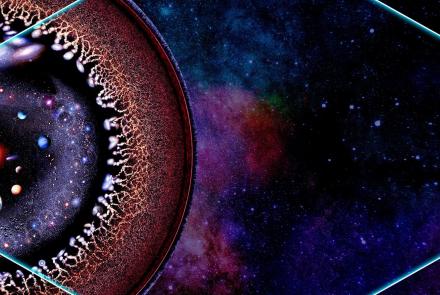
How We Know The Universe is Ancient
S6 E14 - 14m 1s
The universe is precisely 13.8 billion year old - or so our best scientific methods tell us. But how do you learn the age of the universe when there’s no trace left of its beginnings?
-
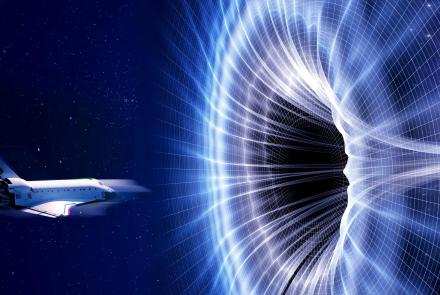
Will Wormholes Allow Fast Interstellar Travel?
S6 E13 - 14m 31s
From Stargate to Interstellar, wormholes are our favorite method for traveling across fictional universes. But they are also a very serious field of study for some of our greatest minds over the last century. So what’s the holdup? When do we get to wormhole ourselves out of here?
WETA Passport
Stream tens of thousands of hours of your PBS and local favorites with WETA Passport whenever and wherever you want. Catch up on a single episode or binge-watch full seasons before they air on TV.
Similar Shows

Untold Earth
Science and Nature

A Walk in the Park with Nick Mollé
Science and Nature

Colombia - Wild and Free
Science and Nature

Secret Life of Scientists and Engineers
Science and Nature

Infinite Series
Science and Nature

SciGirls Stories: Black Women in STEM
Science and Nature
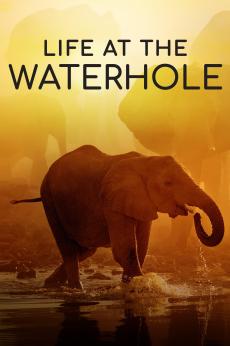
Life at the Waterhole
Science and Nature

Your Health: A Sacred Matter
Science and Nature

Insectarium
Science and Nature

Magical Land of Oz
Science and Nature